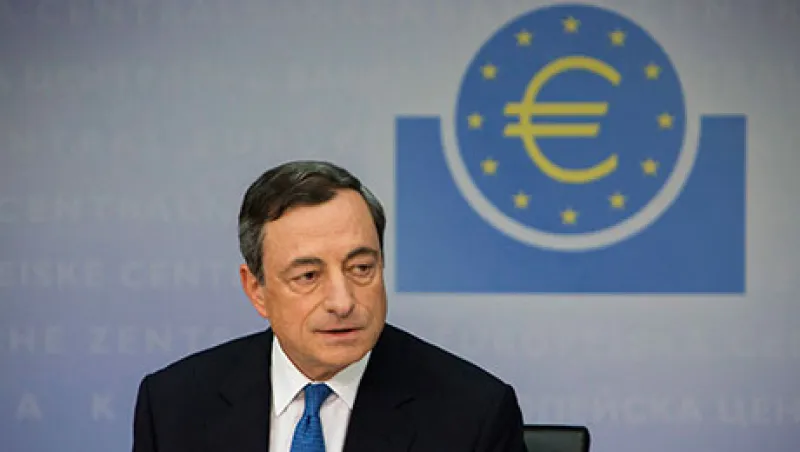
Mario Draghi, Moral Suasion and Euro Zone Banks
The ECB leader’s stress tests and determination to fight deflation makes euro area banks attractive.
Ben Funnell
December 2, 2014


